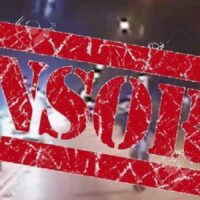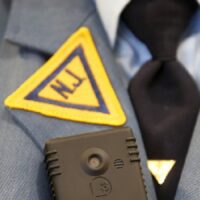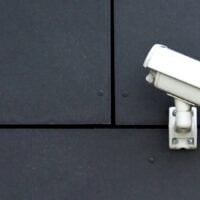
Upcoming public discussion: Should video from police cameras be off-limits?
The evening of Tuesday, February 23, the Bergen County NAACP will host a public forum to discuss proposed NJ bill S788. Transparency advocate John Paff has provided insightful commentary on the bill, which proposes to make all police videos and 911 calls exempt from OPRA. -NJFOG — NJ Open Government Notes by John Paff Feb. Read More …



